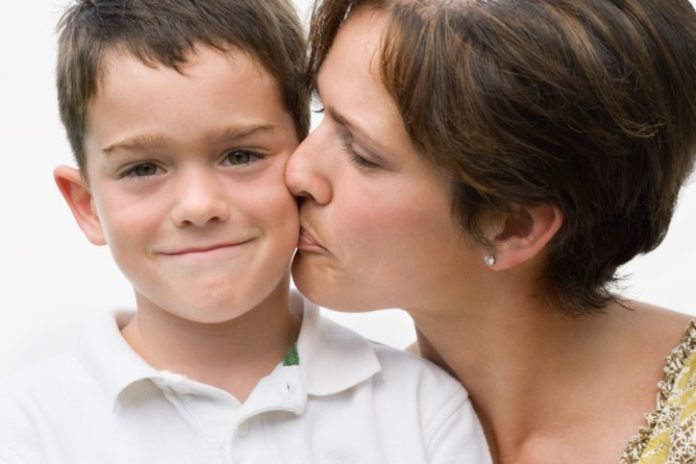There’s no question that mothers want their children to grow up to be good people — but less is known about how they actually help their offspring sort out different types of moral issues.
According to a new study published in Developmental Psychology and led by Holly Recchia, assistant professor in Concordia’s Department of Education and Centre for Research in Human Development, many mums talk to their kids in ways that help them understand moral missteps.
The study — co-written by Cecilia Wainryb, Stacia Bourne and Monisha Pasupathi from the University of Utah — observed 100 pairs of mothers and children aged seven, 11 or 16. Each child was asked to describe one incident where they had helped a friend, and one incident where they had hurt a friend, and subsequently spoke to their mums about the experience.
When referring to their offspring’s helpful behaviour, the mothers focused on the children’s feelings of pride, expressed enthusiasm at their behaviour, and reflected on how the experience revealed their children’s positive traits.
With hurtful behaviour, the conversations were a bit more delicate, in that the mothers found ways to acknowledge the harm while also emphasising that it didn’t define their children.
For instance, they focused on the child’s good intentions or noted his or her capacity for repair.
“It’s not that mums were saying the behaviour was acceptable. They were saying it wasn’t, but were also praising their child for giving an apology,” Recchia says. “They also asked, ‘What can you do next time to make sure that the hurt doesn’t happen?’”
The study also shows that the nature of this maternal role develops along with the children, as parents evolve from gentle teachers for youngsters to sounding boards for teenagers.
The mothers prompted younger children more often and focused more on the concrete details of the event. In contrast, teenagers took more ownership of the conversations, and the topics themselves also changed.
“Sixteen-year-olds don’t need as much help in grasping why they did what they did or the impact,” Recchia says. “But they still need support in understanding the broader implications for who they are as a person, and some of the complexities involved in navigating relationships.”
Across the board, it’s clear the conversations have an important impact. The findings especially suggest that talks about hurting and helping make distinct and complementary contributions to children’s understanding of themselves as imperfect but nevertheless moral people, capable of doing good as well as harm.
(Source: Université Concordia, Developmental Psychology)










